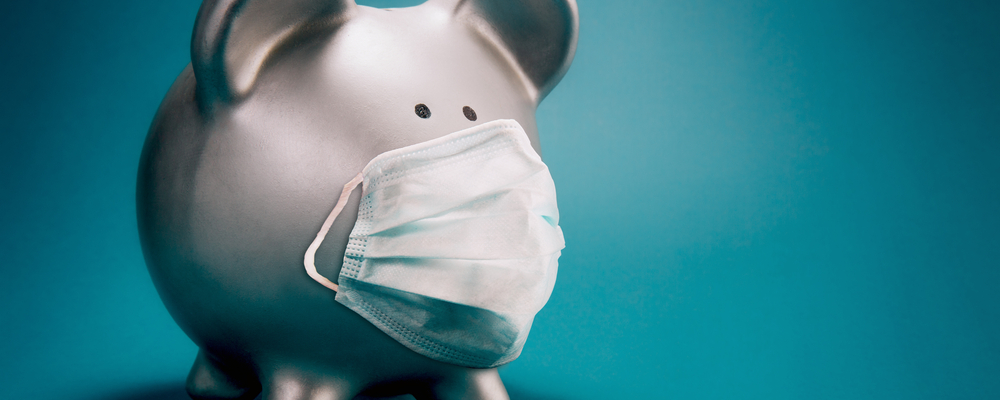What is the Coronavirus or COVID-19?
COVID-19 is a disease caused by the most recently discovered coronavirus (other coronaviruses in the past have caused similar diseases like SARS and MERS). Originating in Wuhan, China in December 2019, the initial outbreak rapidly developed into a global pandemic.
While the medical impact on Australia has been mild compared to harder-struck countries like Italy and the US, the economic consequences are significant and could continue for months or even years to come.
Here we’ll look at what COVID-19 might mean for your personal financial situation – and what you can do to get by during these tough times.
How does the Coronavirus or COVID-19 affect my personal finances?
The lockdowns in place to prevent the spread of COVID-19 have wreaked havoc on countless businesses, large and small, across the country. As such, many people have found their working hours reduced or their jobs lost entirely.
Losing Your Job
Becoming unemployed is stressful at the best of times, let alone during a pandemic that leaves you stuck at home all day. However, there are several things you can do right away to support yourself and your family after losing your job. Learn more here.
Centrelink Job Seeker Payments
Depending on your circumstances, you may be eligible for the Job Seeker scheme, which can help you get by while you search for a new position. Read details on the scheme and check if you’re eligible here.
Government Stimulus Packages
The government is keenly aware of the economic impact of COVID-19. That’s why they’ve delivered multiple stimulus packages to help keep individuals and businesses afloat during the pandemic. Learn more about these packages here.
Early Access Super
One avenue that might be available to you is accessing some of your superannuation now while times are tricky. Read more about this option here.
Some Common Questions Around COVID-19
What is social distancing?
Social distancing encompasses a variety of measures that all Australians are being urged to take to reduce the risk of spreading the virus. It includes staying home as much as possible and keeping 1.5m away from other people when out in public. It also involves restricting non-essential gatherings to the bare minimum of people (e.g. 2).
What is self-isolation?
Self-isolation is essentially quarantine – eliminating all physical contact with other people. While everyone is currently urged to self-isolate as much as possible, this is especially crucial for people who have potential symptoms or have been diagnosed with the virus.
Is self-isolation sick leave?
This largely comes down to your specific employer and your personal circumstances. For example, if you’re able to work from home, you may not need to take leave at all. Speak with your employer to determine whether you can or need to take sick leave while self-isolating.
How to Keep Yourself Safe from COVID-19
While there’s no guaranteed way to avoid COVID-19, apart from completely self-isolating, there are measures you can take to reduce the risks when you leave home for essential reasons:
- Avoid touching your face
- Minimise the number of surfaces you touch
- Maintain 1.5m between yourself and other people
- Wash your hands thoroughly and often (e.g. as soon as you get home or by using hand sanitiser while you’re out).
By following the guidelines and respecting each other, we can all get through this pandemic and return to normal life sooner. In the meantime, if you need some financial assistance while waiting to access a government scheme, consider Cigno may be able to find you a suitable solution..

